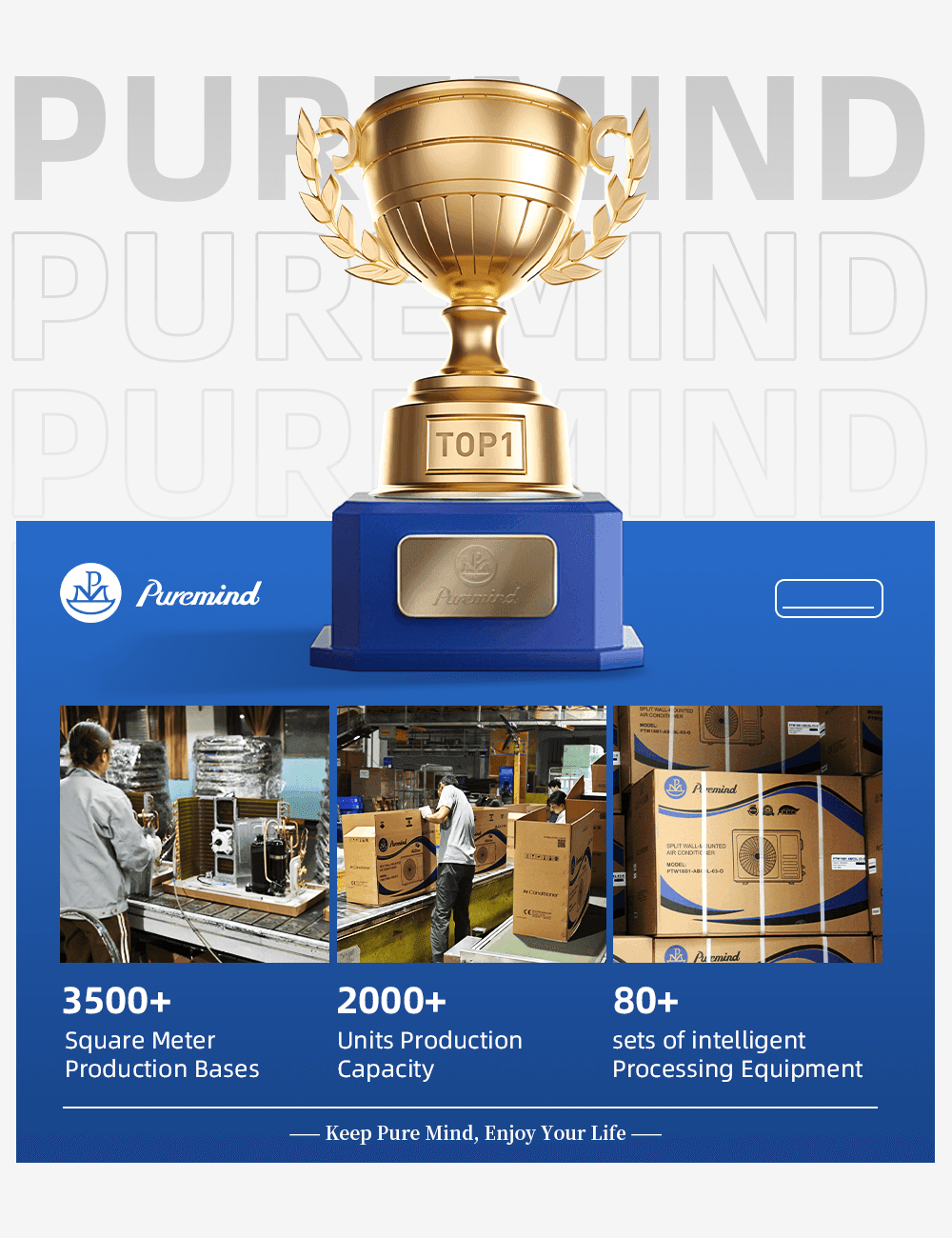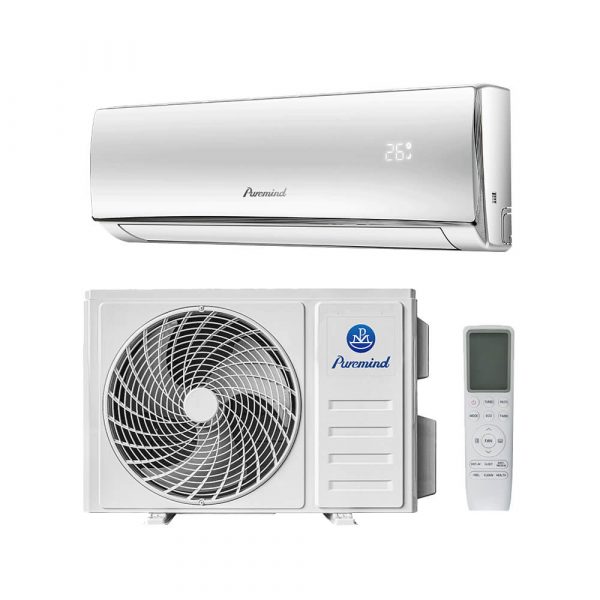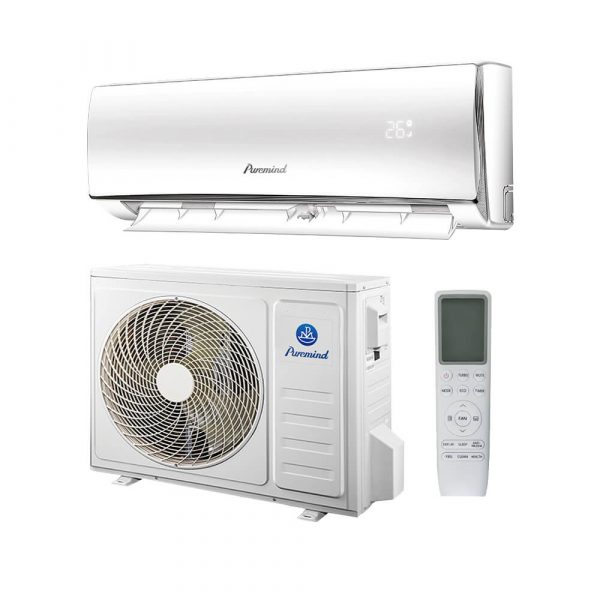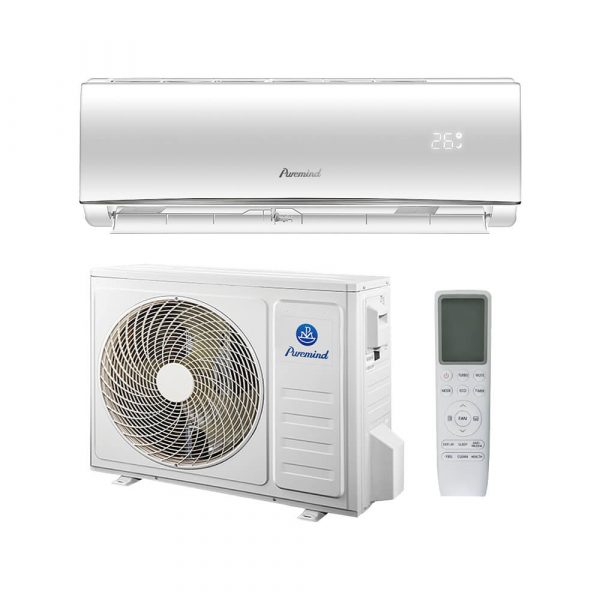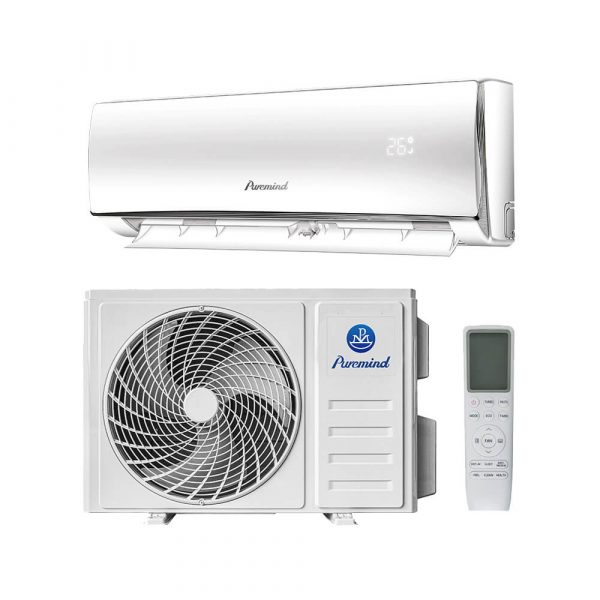Mini Split Solar Air Conditioner: The Future of Energy-Efficient Cooling
As businesses seek sustainable solutions to reduce operational costs and environmental impact, the mini split solar air conditioner emerges as a powerful HVAC innovation. This guide explains what it is, how it works, and why B2B buyers are increasingly adopting solar-powered HVAC systems.
What Is a Mini Split Solar Air Conditioner?
A mini split solar air conditioner combines two technologies:
- Mini Split System – A ductless air conditioning system consisting of an indoor air handler and an outdoor compressor.
- Solar Power – Energy sourced from solar panels that reduce reliance on grid electricity.
By integrating solar energy into a ductless mini split, users gain a flexible, energy-efficient, and sustainable cooling system—ideal for commercial and industrial applications where utility bills and carbon footprints matter.
How Does It Work?
The core components include:
- Solar Panels: Capture sunlight and convert it into electricity.
- Solar Inverter or Controller: Converts solar DC power into usable AC power.
- Mini Split System: Distributes cooled or heated air inside the building.
Depending on the design, the system can operate in:
- Off-Grid Mode: Fully powered by solar energy.
- Hybrid Mode: Switches between solar and grid power depending on availability.
Key Benefits for Businesses
1. Lower Operating Costs
Solar-powered systems reduce electricity consumption, helping commercial operations lower monthly utility bills significantly—especially in sun-rich regions.
2. Sustainable Brand Image
Using renewable energy aligns with ESG goals and helps businesses appeal to environmentally conscious partners and clients.
3. Flexibility and Scalability
Mini split systems are modular, allowing targeted cooling for individual rooms or zones. This is especially useful in office buildings, server rooms, warehouses, and container offices.
4. Reduced Carbon Footprint
By harnessing solar power, companies reduce greenhouse gas emissions and dependence on fossil fuels.
5. Government Incentives
Many countries offer tax credits, rebates, or grants for solar installations, making solar mini split systems more cost-effective in the long run.
Applications Across Industries
The versatility of mini split solar air conditioners makes them ideal for various commercial sectors:
- Retail Spaces – Efficient climate control without disruptive ductwork.
- Telecom Shelters & Data Centers – Stable cooling for temperature-sensitive equipment.
- Remote Construction Sites – Off-grid capability where power infrastructure is limited.
- Agricultural Storage Units – Cost-effective temperature regulation in isolated areas.
Challenges and Considerations
1. Initial Investment
While the long-term savings are significant, upfront costs for solar panels and system integration may be high. A proper ROI assessment is recommended.
2. Sunlight Availability
The efficiency of solar AC systems depends on regional sunlight. Battery backup or hybrid systems are advisable for areas with inconsistent solar exposure.
3. Technical Expertise
Installation and maintenance may require specialized knowledge, making it important to work with experienced solar HVAC providers.
Why B2B Buyers Should Consider This Technology
For companies aiming to future-proof their facilities, enhance sustainability, and reduce energy expenses, the mini split solar air conditioner is a practical investment. It supports:
- Smart Building Initiatives
- Decentralized Energy Systems
- Green Certifications (e.g., LEED)
Choosing the Right Supplier
When selecting a provider, look for:
- Experience with commercial-grade HVAC systems
- Flexible OEM/ODM services
- Proven track record in solar integration
- After-sales support and remote monitoring solutions
We recommend exploring our curated selection of energy-efficient split air conditioning solutions tailored for commercial needs. View our mini split and solar-compatible units here.
Conclusion: Powering the Future of HVAC
Mini split solar air conditioners present an exciting evolution in climate control technology. For B2B buyers focused on long-term savings and ESG alignment, adopting solar-powered mini splits is more than a trend—it’s a strategic decision.
With proper planning and expert guidance, your business can benefit from both financial and environmental gains. Start transitioning your HVAC systems today with innovative, solar-powered solutions.
